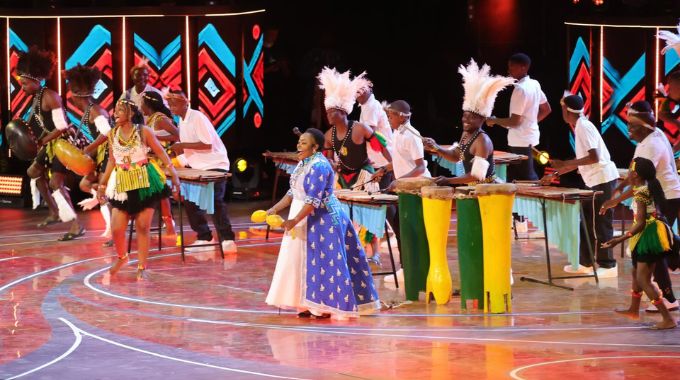Tendai Rupapa in VITEBSK, Belarus
TOURISM patron First Lady Dr Auxillia Mnangagwa and her Nigerian counterpart, Senator Oluremi Tinubu, made history on Thursday when they became the first African First Ladies to be invited to the International Arts and Culture Festival Slavianski Bazaar in Belarus, which drew over 6 000 people and was officially opened by President Aleksandr Lukashenko.
The organisers honoured the presence of Amai Mnangagwa with a standing ovation during the festival.
The festival started in 1992. This year, it drew people from 38 countries, including Zimbabwe, Russia, India, China, Nigeria and Colombia. Twenty-two countries, including Zimbabwe, participated in the perormances on the international stage, with the aim of uniting nations and promoting cultures through performing arts.
Dr Mnangagwa was invited to the festival in her capacity as Zimbabwe’s tourism ambassador.
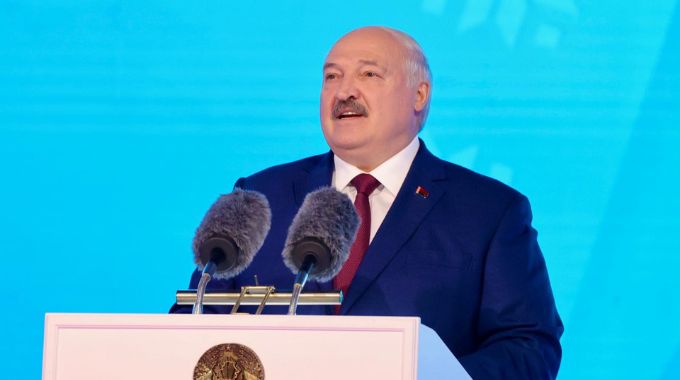
The Belarusians have also been closely following her work back home in promoting culture through various programmes, including Gota/Nhanga/Ixhiba and traditional meal cookout competitions, which have captured the world’s imagination.
Following her invitation, Amai Mnangagwa was asked to bring along a cultural group, which was hosted by the government of Belarus.
The ensemble, “Echoes of Zimbabwe”, a unique energetic troupe, was balanced, as it featured talented artistes drawn from different cultural groups and schools across the country. They delivered a polished act as they opened their set by highlighting the country’s tourist attractions like the Victoria Falls, the Hwange National Park and the Great Zimbabwe before breaking into the song “Unity is very important”.
The songs “Nhema Musasa”, “Chamutengure”, “Mudzimu dzoka” and “Zimbabwe tinoida”, which were marked by a fusion of melodious voices and traditional instruments like mbira, rattles (hosho), marimba and the drum, whipped guests into a frenzy.
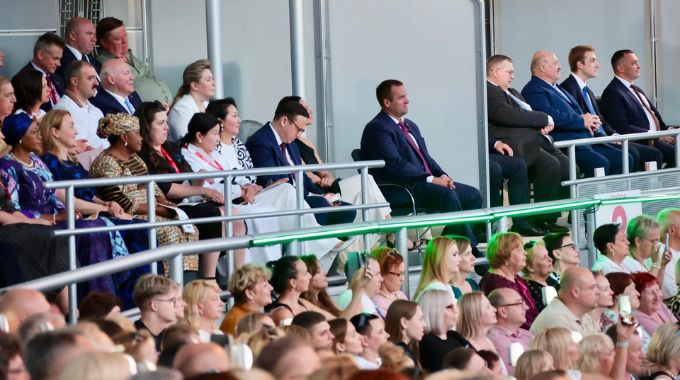
The performers were resplendent in uniquely Zimbabwean traditional attire and national fabric, while wielding ceremonial spears, clubs, axes, and bows and arrows, as they resembled warriors in combat.
Guests were captivated by their electrifying performances, which were accompanied by ululation, whistling, clapping of hands and display of dance routines peculiar to Zimbabwe, like Jerusarema, Dinhe, Chinyambera and Mbakumba.
So thrilled were the guests that they could be seen taking photographs and videos of the Zimbabwean performances while demanding more acts from the well-knit unit, which gave a memorable delivery on stage.
The group made the country proud!
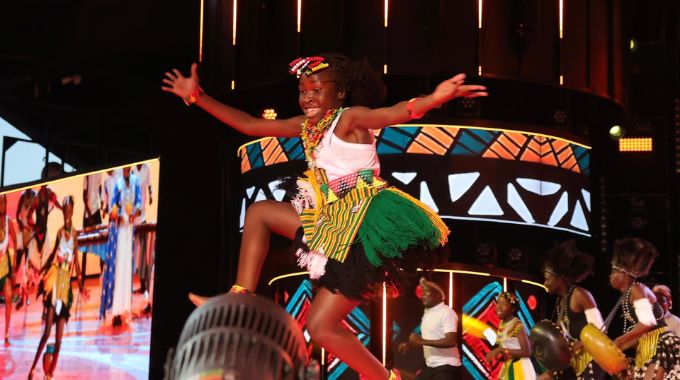
Even Amai Mnangagwa was moved by the performances as she could be seen beaming with pride as her children made history on the international stage.
It was a first for a Zimbabwean cultural group to be invited to a festival of that magnitude, where traditional dances of different countries were being showcased.
The group was not to be outdone as it managed to light up the stage with its unique flare, which kept the audiences’ eyes glued to the stage.
Though it is difficult to impress a crowd that does not understand the lyrics of one’s music, the attention which the outfit drew proved that music is a universal language. The group captured the hearts of the foreign audience owing to its immense talent, raising the Zimbabwean flag high.
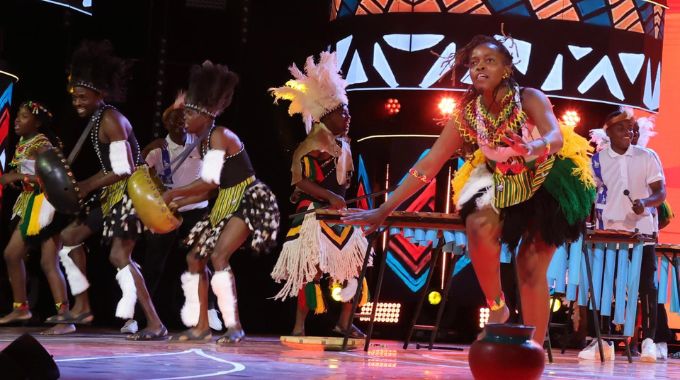
So enthralling was the delivery that those in attendance swarmed the Zimbabwean cultural ambassadors after the show to get to know more about the country’s rich cultural heritage.
In his remarks while officially opening the festival, President Lukashenko said the International Arts and Culture Festival Slavianski Bazaar in Vitebsk united people of different generations, religions and cultures, who are true connoisseurs of art and have the most diverse preferences ranging from avant-garde to classics. Most importantly, he said, the festival has become a celebration of traditional values and was famous across the entire planet. He stressed that the festival’s philosophy, “Through art towards peace and mutual understanding”, has deep roots.
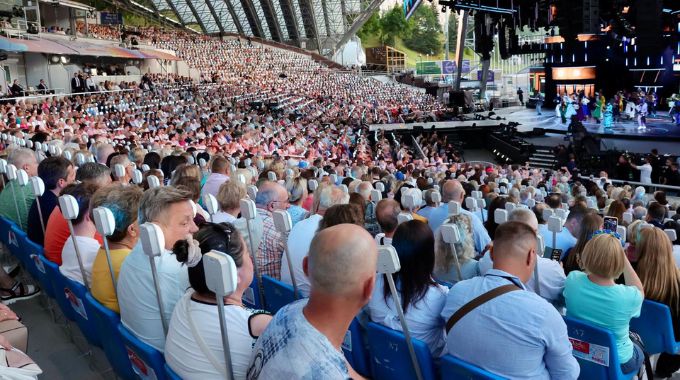
“The first stone of the city that we rightfully call our cultural capital was placed here, on the picturesque bank of the Dvina River, 1 050 years ago.
“There is something in this corner of Belarus that for centuries inspired the creation of masterpieces of figurative arts, unique specimens of architecture, great works of literature and music, as well as festivals, contests and multiple other projects,” he said.
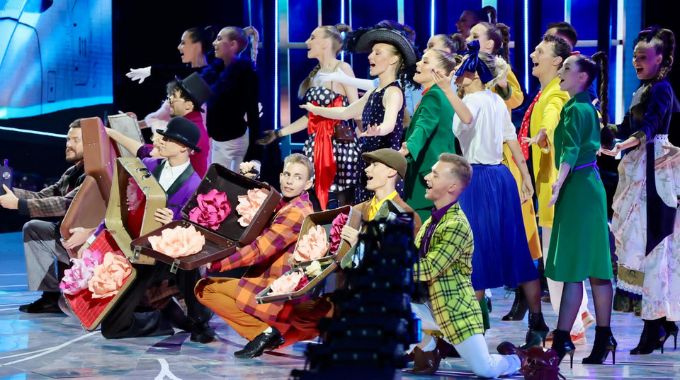
Presentations of the night included theatrical performances, fine art, folk art and film screenings.
The special invitation received by the First Lady to the festival shows that her work in advancing the country’s culture is not going unnoticed. – Sunday Mail

